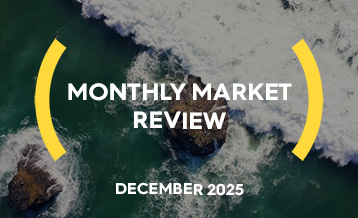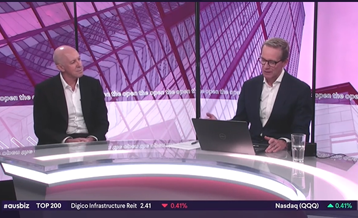Reports and Insights

Our investment insights below are to assist you, to better understand how you may be affected by changes in the ever changing investment landscape.
Latest Fund Commentary
Report
The market has moved away from any rate cuts in the coming months, however, there is a possibility later in 2026 and especially so if inflation moves towards the lower end of the band and employment stumbles
Report
Market Updates & Insights
Report
ASX 200 rose 1.3% in December, taking the total return for 2025 to +10.3%. Australian equities outperformed Global Equities (MSCI World ex Australia) which fell 0.9% (in $A terms).
Video
Get the latest market news and updates from our own Chief Investment Officer, Darren Thompson.
Last updated: 21 November 2025







